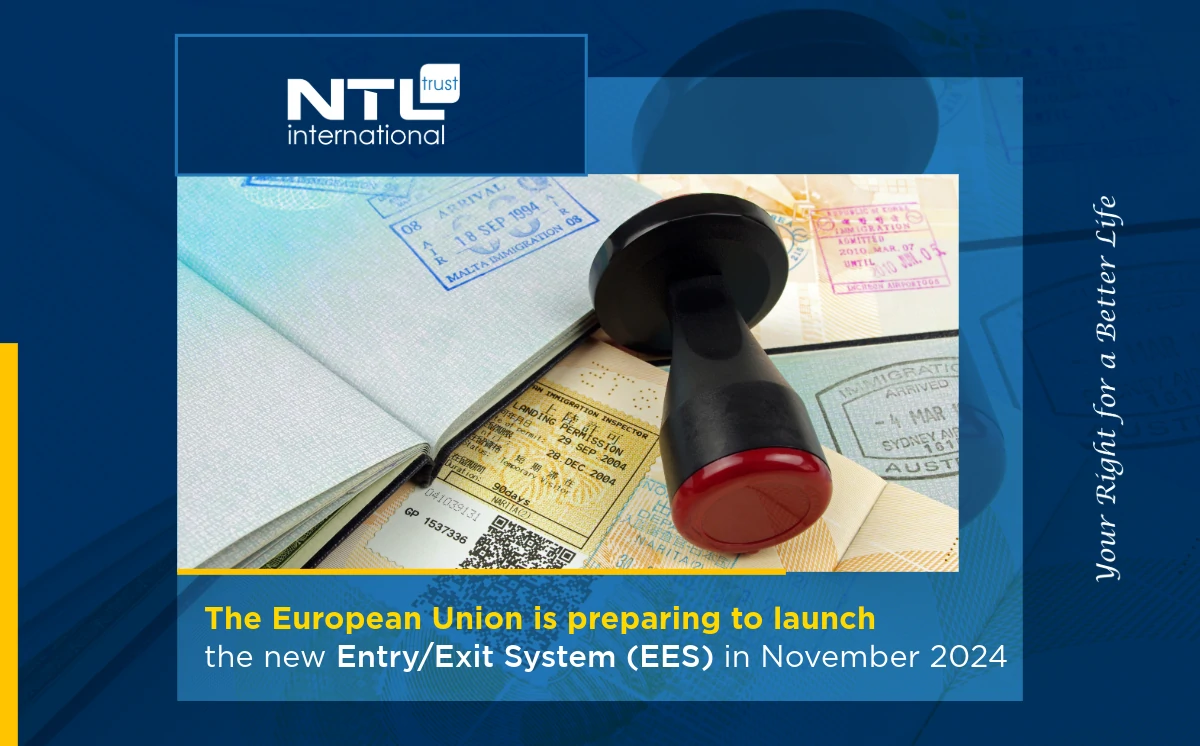
The EU plans to implement the Entry/Exit System (EES) for non-EU citizens starting November 10, 2024. This digital system will replace traditional passport stamps, with travelers’ data recorded electronically upon entering or leaving the Schengen Area. The EES aims to ensure visitors stay within the allowed 90-day stay within 180 days.
The EES will start in November:
Travelers will need to provide fingerprint and facial biometric data during their first entry. Subsequent crossings will be easier, requiring only a passport scan at a self-service kiosk to verify identity. Travelers will also need to register online for free before traveling to the EU.
However, concerns have been raised about potential travel delays due to the new system (EES). The European Commission has proposed a gradual and flexible implementation to reduce waiting times.
This change coincides with the expected launch of the European Travel Information and Authorization System (ETIAS) in 2025, which will require visitors from 60 visa-exempt countries to obtain an entry permit for a fee of €7, valid for three years.
With these changes ( EES), passport stamps may become a thing of the past, raising questions about the loss of personal touch in travel as we move further into the digital age.
Mr. Imad Elbitar’s Participation in the Offshore Wealth Summit 2024
A summary of Mr. Imad Elbitar’s Participation in the Offshore Wealth Summit 2024 in Portugal.
The Importance of Understanding Military Service Laws for Investors with a Second Citizenship
Military Service for Investors with a Second Citizenship
Gulf Cooperation Council
The GCC is a regional organization consisting of six Arab countries located in the Arabian Gulf region. It was established on May 25, 1981.
Discover the Attractions of the Solomon Islands in the Pacific Ocean
Exploring the attractions of the Solomon Islands before starting the CBI program is essential.
10 Reasons Why Residency Applications in the UAE Get Rejected
Reasons for Residency Application Rejection in the UAE: 2024 Updates





